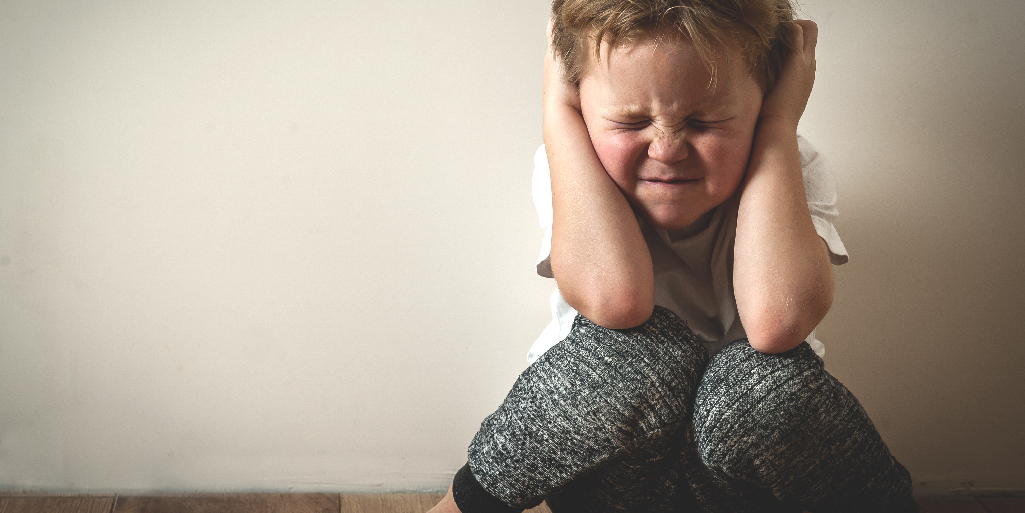Impact of Mental Health on Your Parenting Style
Improving your mental wellness can greatly influence how you parent, shaping the way you discipline and regulate emotions with your kids. Handling stress effectively through mindfulness practices can lead to calmer parenting interactions. Managing anxiety levels impacts the household environment, with healthy coping mechanisms nurturing better communication and understanding. Prioritizing self-care not only benefits your well-being but also enhances your ability to care for your children. Utilizing positive parenting strategies, like mindful discipline and modeling emotional regulation, fosters a nurturing and supportive family dynamic. Understanding these connections can transform your parenting style for the better.
Key Takeaways
- Mental health influences parenting styles through emotional regulation and consistency.
- Struggles with mental health can lead to inconsistent discipline and boundary setting.
- Enhancing mental wellness positively impacts parenting interactions and household dynamics.
- Effective coping mechanisms model healthy responses and mitigate anxiety effects on parenting.
- Improved communication skills through active listening and empathy can be impacted by anxiety levels.
Mental Health and Parenting Interactions

When experiencing mental health challenges, parents may find that their interactions with their children are greatly influenced by their emotional well-being. Research suggests that mental health directly impacts parenting styles, particularly in the areas of discipline and emotional regulation. Parents who are struggling with their mental wellness may find it challenging to maintain consistent discipline or respond to their children’s behaviors effectively.
It is important to recognize how your mental health can affect your parenting interactions. Studies have indicated that parents dealing with mental health issues may exhibit inconsistency in discipline, swinging between being overly permissive or overly strict. This inconsistency can stem from the parent’s own emotional struggles, leading to difficulties in setting boundaries or providing appropriate guidance to their children.
Understanding the link between mental health and parenting is vital for promoting a healthy family dynamic. Seeking support and resources to enhance your mental wellness can positively impact your parenting style, fostering a more nurturing and stable environment for your children to thrive.
Stress Management and Parenting Style

How does effective stress management impact your parenting style and interactions with your children?
Implementing mindfulness practices and coping strategies can greatly influence the way you parent. By engaging in mindfulness, you can become more attuned to your emotions, thoughts, and reactions, leading to improved emotional regulation. When you’re better equipped to handle stress, you’re less likely to react impulsively or harshly towards your children.
Moreover, developing coping strategies allows you to navigate challenging situations with more ease, modeling healthy responses for your children. Setting important boundaries is also vital; knowing your limits and communicating them effectively can reduce feelings of being overwhelmed, fostering a more stable and secure environment for your children.
Research shows that parents who practice mindfulness and employ effective coping mechanisms tend to have more positive and nurturing relationships with their children. By prioritizing stress management and emotional regulation, you can cultivate a parenting style that’s grounded in patience, understanding, and resilience.
Anxiety Impact on Parenting Approach

Managing anxiety effectively greatly influences your parenting approach and the dynamics of your interactions with your children. When anxiety levels are high, it can lead to increased stress and tension in the household, impacting how you communicate and engage with your kids.
Developing healthy coping mechanisms is essential in mitigating the negative effects of anxiety on your parenting style. By finding effective ways to manage your anxiety, such as practicing mindfulness or seeking professional help, you can create a more stable and nurturing environment for your children.
Furthermore, anxiety can also affect your communication skills with your children. High levels of anxiety may result in difficulties expressing emotions or thoughts clearly, leading to misunderstandings and conflicts.
Improving your communication skills through active listening, empathy, and assertiveness can help you navigate challenging situations with your children more effectively.
Importance of Self-Care for Parents

Prioritizing self-care as a parent is essential for maintaining your well-being and effectively fulfilling your role in your child’s life. Engaging in self-care activities not only benefits you but also positively impacts your parenting. Research shows that parents who practice self-care tend to have better overall well-being, which in turn enhances their ability to provide support and care for their children.
By taking time to focus on yourself, you’re better equipped to handle the challenges of parenthood and maintain a healthy balance between your own needs and those of your children.
Self-care can come in many forms, whether it’s taking a short break to enjoy a hobby, getting regular exercise, or simply setting aside time for relaxation. These practices can help reduce stress, improve mood, and increase your resilience in facing the demands of parenting.
Strategies for Positive Parenting Amid Challenges
To navigate the complexities of parenting in the face of various challenges, it’s essential to cultivate and implement effective strategies that promote positive parent-child interactions and foster a supportive environment for your family. When faced with difficult situations, incorporating mindful discipline and coping skills can help you maintain a sense of calm and respond to your child in a thoughtful manner. By practicing emotional regulation techniques yourself, you can model healthy ways of managing feelings for your children.
Effective communication techniques are also vital for positive parenting amid challenges. Encouraging open and honest dialogue with your child can help strengthen your bond and build trust. Active listening and validating your child’s emotions can go a long way in fostering a supportive relationship.
Frequently Asked Questions
Can Mental Health Issues in Parents Affect Their Children’s Behavior?
Mental health issues in parents can greatly impact children’s behavior. Childhood experiences shape behavior, influenced by parental well-being and family dynamics. Understanding these connections can help address behavioral changes and support healthier family relationships.
How Can Parents Recognize Signs of Mental Health Struggles in Themselves?
Recognizing signs of mental health struggles in yourself starts with self-awareness. Acknowledge your emotions and behaviors. Practice coping mechanisms like mindfulness or journaling. Seek help when needed to build resilience. Prioritize your well-being for better parenting.
Is It Possible to Maintain a Positive Parenting Style With Mental Health Challenges?
Maintaining a positive parenting style with mental health challenges is possible. Utilize coping strategies, lean on support systems, prioritize self-care, and set boundaries. Research shows that with the right tools and resources, balancing parenting while managing mental health is achievable.
What Are Some Subtle Ways Mental Health Can Influence Parenting Decisions?
When facing mental health challenges, your decision-making process may be influenced by emotional regulation difficulties. This can impact parent-child dynamics, leading to altered coping mechanisms. Understanding these subtle shifts can help navigate parenting with compassion and resilience.
How Can Parents Effectively Communicate Their Mental Health Needs to Their Children?
To effectively communicate your mental health needs to your children, create open dialogue by setting boundaries for discussions. Practice self-care and model healthy coping strategies. Encourage a supportive environment where emotions are expressed and understood.
Conclusion
To sum up, it’s evident that mental health plays a significant role in shaping your parenting style. By managing stress, addressing anxiety, practicing self-care, and implementing positive parenting strategies, you can create a supportive and nurturing environment for your children.
Remember, taking care of your mental well-being not only benefits you but also positively impacts your children’s development and overall well-being. Prioritize your mental health to be the best parent you can be.

Hey there! 👋 I’m a proud mom and passionate writer, sharing my parenting journey. 📝 Join me as I navigate the ups and downs of motherhood, offering tips, advice, and a sprinkle of humor along the way. 🌟







